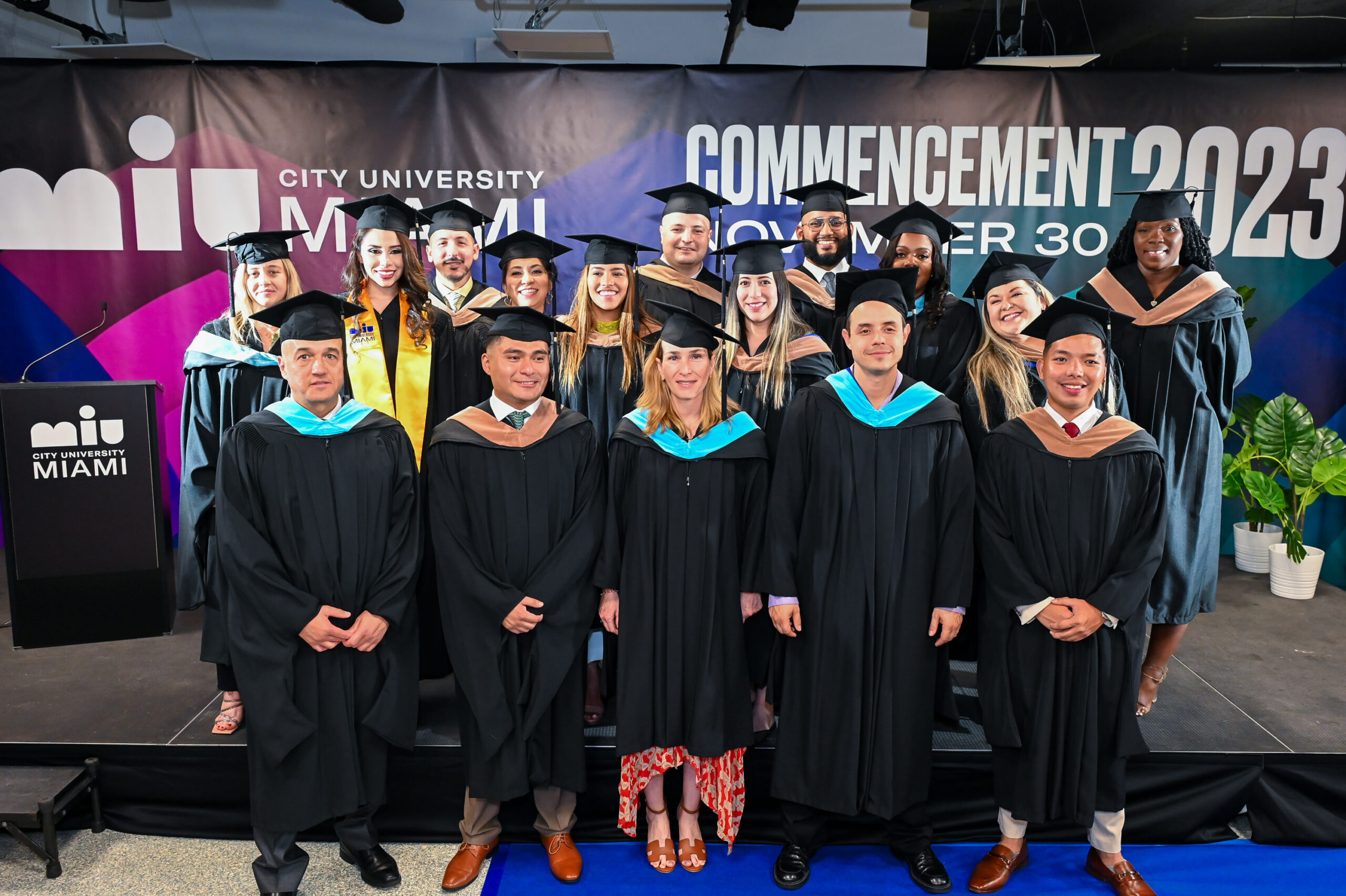
Omnichannel commerce, a must in business marketing
The relationship between customers and organisations is changing radically. The significant increase in devices is leading to unprecedented growth in interactions between customers and organisations, between different customers and between organisations and businesses. An additional factor in this is the continuous use of services via digital means such as mobile applications, self-service devices, web applications, etc. “An ever-growing number of customers prefer to use their mobile devices or digital services to consume and/or interact in areas that were once the sole domain of face-to-face services”, remarks Yolanda Rodríguez, Director of the Business Department of the Business and Communication Faculty at the International University of La Rioja (UNIR).
Customer-centred
As confirmed by the Director of the Organisation Department, omnichannel commerce takes into account the phase in which the customer is (the current stage of their purchasing process) and provides a personalised experience according to each stage. Why is this beneficial? Because it combines all of the sales channels into one, unifying the customer’s experience through various channels. In short, there aren’t different channels for different customers, it should be thought of as a unified business, where only one thing matters: the customers.
How to create an omnichannel plan
In order to increase the satisfaction of customers when they interact with the various channels, a series of challenges must be overcome. The information given to the customer must be consistent across the various channels. The usability and aesthetics of the channels must also be consistent with the organisation’s aesthetics. It is important for the customer to get a sense of harmony when interacting with the different channels and feel that they are continuously interacting with the organisation. As such, omnichannel commerce enables the organisation to be proactive with its customers, allowing them to be connected to the company’s various channels and create a flow of essential information. The customer service department must respond as soon as the channels become accessible and customers submit queries.
What is the difference between omnichannel commerce and multichannel commerce?
While the customer is at the centre of omnichannel commerce, it could be said that the multichannel approach is product-centred, and the various sales channels provide separate opportunities to sell that product. For example, a company can sell its products via an online store, a physical store or even under the umbrella of marketplaces such as Amazon, but all of the sales settings are separate to one another (even though they are selling the same products) and show different levels of stock. For Yolanda Rodríguez, a customer is someone with their finger on the pulse, whose key characteristic is the ability to determine if something is reliable or not. So, if a point of sale does not give them the sense of being a secure space, the customer will reject it and will most likely leave that space.
Success stories of the omnichannel approach
There are also organisations that serve as examples of omnichannel commerce, such as Amazon, once entirely digital and now with experiences in physical locations, seeking to offer its customers a wide range of experiences through Amazon Go, Amazon Fresh, Amazon Books, etc., especially since it acquired the physical supplier of organic food, Whole Foods. Amazon’s mixed model of selling both online and in physical stores seems to have become the most popular model. And in addition to its stores, there is also the incredible Big Data: Cloud Computing (Amazon Web Services or AWS) and Alexa (Artificial Intelligence, AI), all owned by Amazon, which accumulate vast amounts of analysed data.
Future
Each company and plan is a world of its own, with millions of channels and messages entering and leaving the organisation. Combining this information to avoid confusing the customer will be the goal of future organisations that want to survive in the jungle that is the online marketplace. As shown by Yolanda Rodríguez, there are organisations that failed to commit to omnichannel commerce at the right time and they are now left paying the price.
See more articles related to Blog

Created on: 25/02/2025
MIU City University Miami and CAMACOL Sign an Agreement to Promote Education and Business Development
Miami, January 16, 2025 MIU City University Miami and The Latin Chamber of Commerce of the United States (CAMACOL) have […]
Blog

Created on: 18/03/2025
UNIR Innovation Day Miami: Chema Alonso and Iker Casillas Lead the Charge for Cibersecurity and AI Education
Chema Alonso and Iker Casillas advocate for quality education to tackle the challenges of Cybersecurity and AI at UNIR Innovation […]
Blog

Created on: 18/03/2025
Commencement MIU City University Miami 2023
Hundreds of MIU students celebrated the culmination of their university studies in an emotional commencement ceremony. A total of 358 […]
Blog